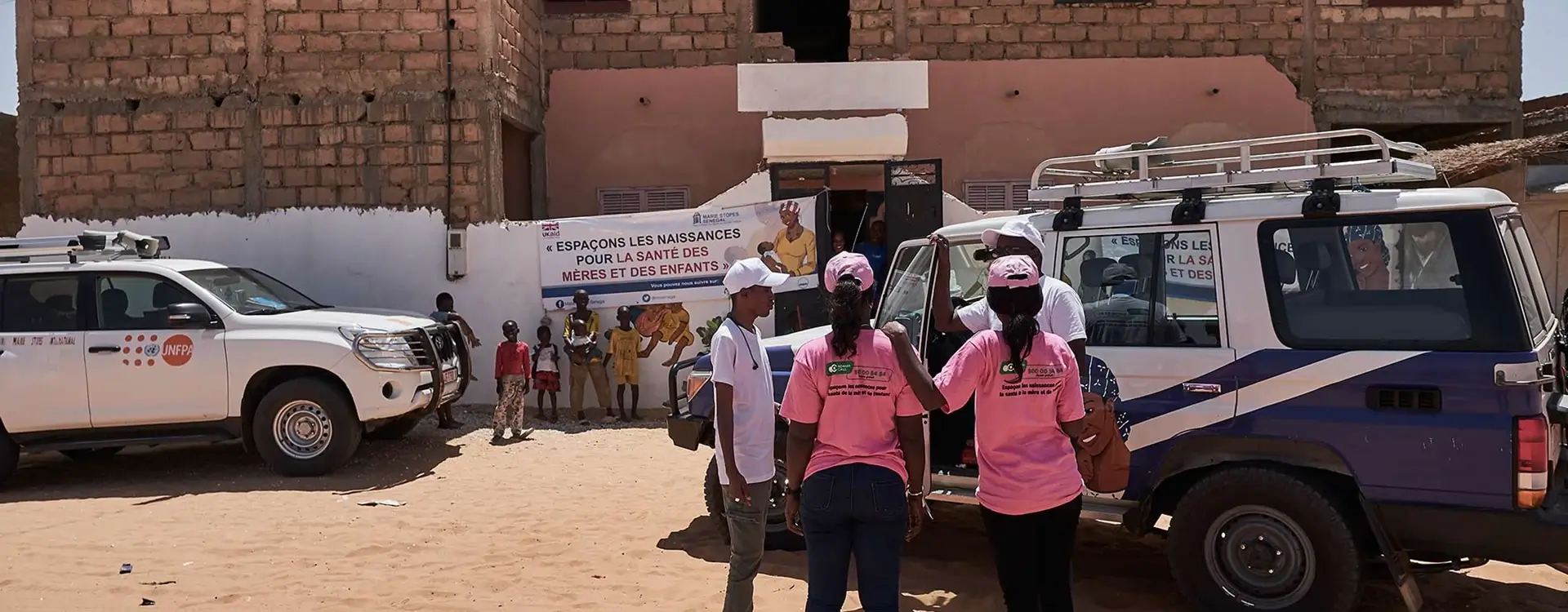
Senegal
MSI Senegal
MSI Senegal is part of the network of country programs of MSI Reproductive Choices, a world leader in reproductive health. Our organization has over 10,000 members working in 36 countries around the world, including more than 250 in Senegal.
Our teams come from the communities they serve, breaking down geographical barriers to reach the most disadvantaged populations living in remote areas. MSI’s interventions are available in urban, peri-urban and rural areas, depending on the strategy. By offering our services down to the last mile, we help women and girls to make choices that were previously inaccessible to them, and which have a considerable impact not only on their lives but also on those of their families and communities in general.
Wherever we operate, we put our clients’ needs at the heart of what we do, and ensure that every woman we see receives the same warm, discreet and non-judgmental welcome. Our providers explain medical procedures clearly and expertly while taking into account the emotional factors that can come into play when women are faced with important life choices.
Present in Senegal since 2011, MSI SN works closely with the MSAS and its various departments, particularly the DSME, to reduce unmet reproductive healthcare/family planning needs. MSI SN is present in all 14 regions of Senegal through mobile and fixed strategies deployed to complement local health interventions.
Since we opened the doors of our first mobile clinic in Senegal in 2011, we have served more than 1,700,000 women and girls to whom we have delivered high-quality reproductive health services.
As a result, in 2022, with the support of our partners,( government actors, communities and private sector partners…) our teams provided 213,649 quality family planning services to women and girls, including those living in Senegal’s poorest and most isolated communities. The availability of our services prevented 113,154 unwanted pregnancies, 1,761 maternal and child deaths and 43,460 unsafe abortions.
While there is still much work to be done, this has significantly improved the ability of women and girls to determine their own reproductive choices and futures.
Contact us
Contact our Senegal support office to talk about our work.
Sacré Cœur 3
Villa 9513
BP 5950
Dakar
Senegal
Tel: +221 33 860 99 90
Looking for services
Looking for services in Senegal? Use the contacts below to speak with our advisers.
Tel: +221 0800 00 84 84





